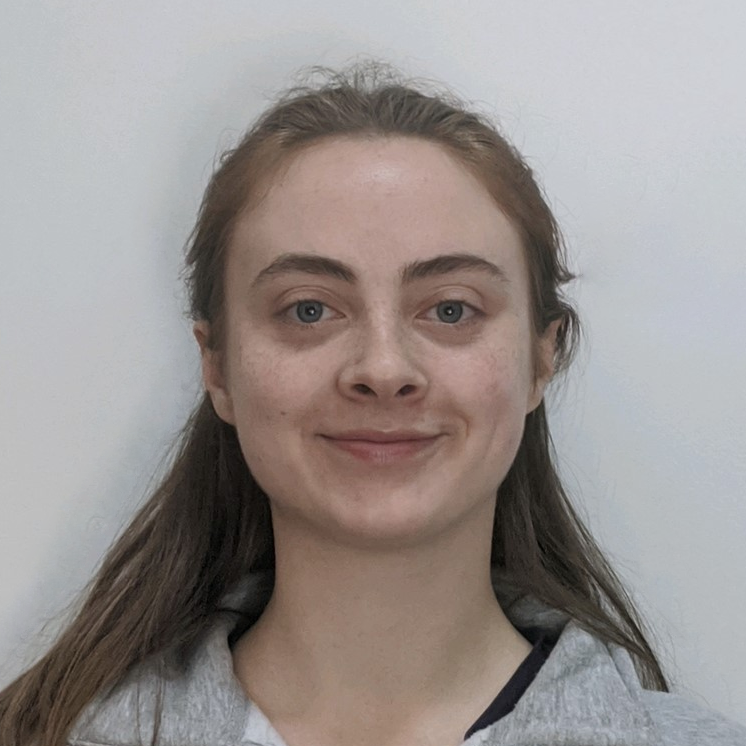Dan received his BA in Biology from Amherst College and his PhD in Immunology from Harvard University, where he studied roles for B cells and innate granulocytes in initiating allergic inflammation. He continued his research on type 2 inflammation during his post-doctoral research with Dr. Nora Barrett at Brigham and Women’s Hospital, defining the transcriptional heterogeneity of murine connective tissue mast cells and using single-cell RNA sequencing to map the cellular contributors to human nasal polyposis and define mast cell heterogeneity within this disease. In his free time, Dan enjoys spending time outdoors, gardening, sampling the amazing beers of New England, and watching Boston-area sports teams.

Hadas completed her master at Ben-Gurion University, where she specialized in cancer metabolism and mitochondrial apoptosis pathways, and received her PhD at the Hebrew University of Jerusalem, where she focused on the role of CD48, an activator receptor expressed on mast cells, during allergic inflammation and SARS-CoV-2 infection. Prior to her PhD, she worked as a scientist at ViDAC Pharma Ltd., a clinical-stage biopharmaceutical company that develops small molecules for the treatment of oncologic and dermatologic diseases. Her current research focuses on understanding the mechanism behind the migration and expansion of mast cells during pulmonary inflammation. In her free time, Hadas enjoy nature, reading books, meditations and acting classes.

Jada received her PhD in Microbiology and Immunology from the University of North Carolina at Chapel Hill. Her dissertation work focused on investigating inhibitory mechanisms of effector cells in peanut allergy. Prior to graduate school, she obtained her B.S. in Chemistry from Presbyterian College and completed a Post-Baccalaureate Research Education Program (PREP) at the Medical University of South Carolina. Jada’s current research evaluates the impact of activation signals on differential expression of inflammatory and inhibitory receptor gene expression across mast cell subsets. Outside of lab, Jada enjoys thrifting, collecting vinyl records, and painting.

Rizza graduated from Amherst College with a BA in Biology. In the past, she conducted research on the role of exosomes in the pathology of Systemic Lupus Erythematosus with Weill Cornell Medicine. She has also helped conduct research on maternal psychiatric disorders at UMass Amherst. Most recently she has been working on analyzing RNAseq data and looking at genes upregulated in CRSwNP. She is also involved in projects which aim to understand the maturation of BMMCs in culture, with the hopes of optimizing in vitro murine models used to study mast cells. In her free time, she enjoys discovering new music and dancing.

Camden graduated from Amherst College with a BA in Chemistry. In the past, he has conducted research on using UV in wastewater treatment as a pollution-free alternative to chlorine-based treatment while working for the town of Kennebunkport, ME. Most recently, he has been working on analyzing the relationship between mast cell heterogeneity and lipid mediator production. He is also currently involved in projects aiming to understand the mechanism behind the recruitment and expansion of mast cells during pulmonary inflammation. Outside of the lab, he enjoys collecting vinyl records, watching Boston-area sports teams, and golfing.

Lab Alumni
Mina received her PhD in Chemical Engineering from Oklahoma State University, where she developed a 3D human tissue model to recapitulate the allergic response to understand the role of mast cells in the initiation of this response. In her current research at Brigham and Women’s Hospital, she studies mast cell interaction with structural cells, the drivers of mast cell polarization, and identification of mast cell progenitors. Outside the lab, she enjoys biking, reading, and spending time with friends.

Tamara completed her PhD in Comparative Genomics and Evolutionary Parasitology at Newcastle University. She previously studied the genome biology of various pathogens and changes in gene expression associated with the evasion of the immune response. Her current research focuses on understanding the transcriptional changes associated with constitutive and inducible mast cells in inflammation and homeostasis, characterizing mast cell heterogeneity across several experimental murine disease models and exploring to what extent changes in candidate genes are reflected in human mast cell transcriptomes. When not in the lab, Tamara enjoys reading thoughtful literature and learning new languages.

Nicole graduated with a BA in Biology from Amherst College and a Five College Certificate in Culture, Health and Science. She previously conducted research at Amherst examining the biochemical mechanisms of polarity maintenance in developing sea anemone embryos. She is currently involved in projects aiming to understand mast cell maturation trajectories and effector function in murine lung inflammation models. She is also involved in building a mastocytosis biobank repository to understand the role of mast cells in human disease progression. Outside of the lab, she enjoys attending dance classes, reading, and walking her dog on the beach.

Eleanor recently graduated with a BA in Biology from Amherst College. While there, she helped conduct research on the population density and dynamics of Massachusetts black bears. In her free time, she loves horseback riding.

